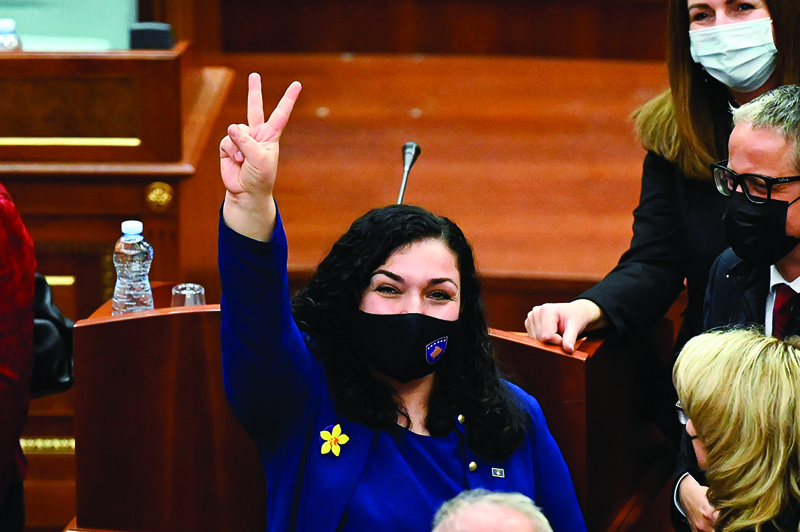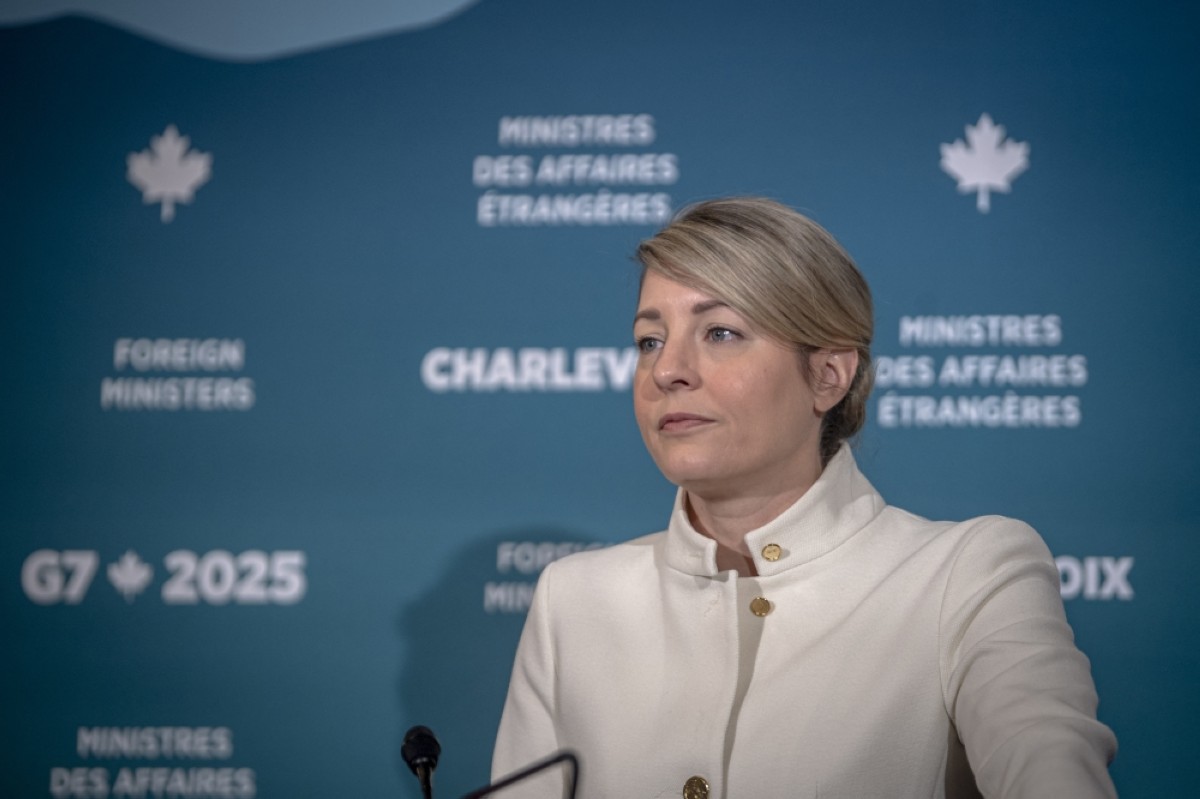PRISTINA: Lawmakers elected Kosovo's most popular politician Vjosa Osmani as president Sunday, overcoming an opposition boycott that had kept parliament short of a quorum one day earlier. The 38-year-old law professor, a standard bearer of a generation determined to fight corruption, received 71 votes from the 82 deputies present, and was thus "elected president of the republic", speaker Glauk Konjufca declared.
"I will work for the strengthening of the state, the rule of law," Osmani told lawmakers, adding that "I will be the president of all". Osmani was backed by Prime Minister Albin Kurti and his Vetevendosje movement which won more than 50 percent of the vote in a general election in February.
That poll turned the page on a 120-member legislature which had been dominated by former Kosovo Liberation Army (KLA) guerillas who fought Serb forces in a bitter 1998-99 war. The victory on Sunday on the parliament's third attempt resolved a stalemate caused by members including the former guerrillas and minority Serbs both boycotting the vote on Saturday. Osmani and Kurti must now mend a weak economy that provides Kosovars with an average monthly salary of just 500 euros (less than $600), and has pushed youth unemployment to around 50 percent.
Many young people have emigrated to Switzerland and Germany, and Kurti and Osmani both pledged more "justice and jobs" during their campaigns. With six female ministers in a 15-strong cabinet, their new administration is also pushing back on longstanding exclusion of woman from power.
"Today, Kosovo elected a woman president," a visibly moved Osmani said Sunday, adding "the girls have the right to be wherever they want... every dream of yours can become a reality" in remarks addressed to young women. Meanwhile Belgrade's continued refusal to recognize Kosovar independence remains a source of tension beyond the territory's frontiers.
Osmani had stood in as president for several months for Hashim Thaci, a former guerilla leader who was charged in November with war crimes at a special international court in The Hague. The European Union and United States will likely press the new government to resume a dialogue with Serbia aimed at easing regional tensions. Meanwhile, Osmani and Kurti must quickly get to grips with a lack of COVID-19 vaccines and an overwhelmed health system as the country struggles to stem the coronavirus pandemic which has killed 1,900 people. - AFP




